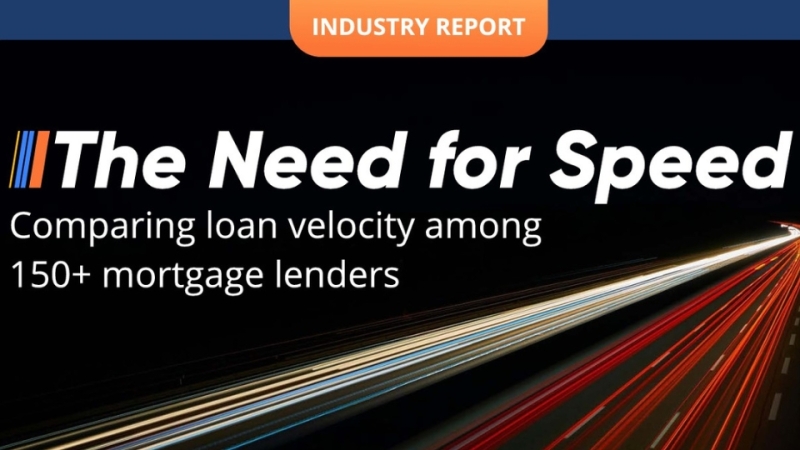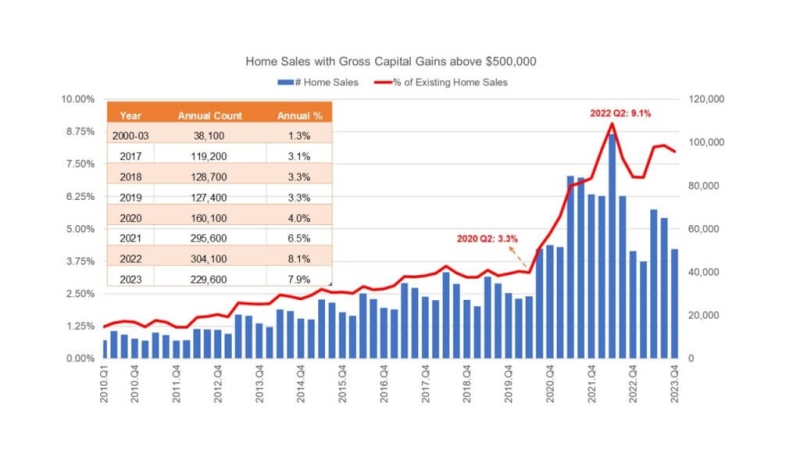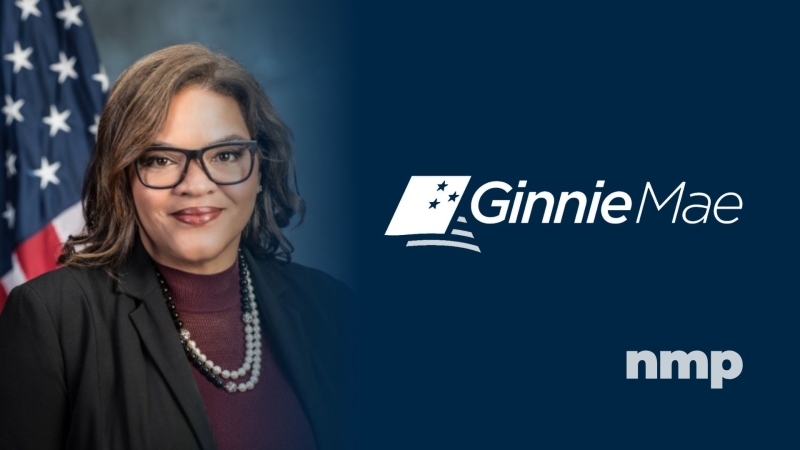Advertisement
Kroll Factual Data curbs borrower fraud with FactualID
Common sense lending: Key considerations for FHA in 2009Randy BurgeiFHA, HOPE for Homeowners, Department of Housing and Urban Development, direct endorsement underwriters, FHA Modernization Act of 2008
Talk about a sea of change. In 2009, I expect our company's
Federal Housing Administration (FHA) lending to account for up to
70 to 80 percent of our business, up from 50 percent in 2008 and 20
percent in 2007. That's an incredible transformation, and we're
certainly not alone. Nationally, the program will take center
stage, as people of all backgrounds and means seek mortgages or
refinances.
Thanks in large part to FHA, now can be a good time to purchase
a home, contrary to what many in the media claim. Indeed, as home
prices become more affordable and tools such as FHA get wider use,
the dream can become reality for many more.
At the same time, we all know the flip-side: There are people
who simply should not own a home, at least not yet. FHA is not
necessarily appropriate for them, and if used inappropriately, it
could get these individuals, and the larger economy, in bigger
trouble than they are in today.
That's why I advocate a "common sense" approach to FHA lending
in 2009 and beyondtaking the time to uncover if this is a good fit
for clients. It is certainly not a one-size-fits-all solution. This
recommended approach will also keep our industry from potentially
overusing and abusing FHA, an issue for which some of our peers
have already raised the alarm.
Here are some key facts about FHA for mortgage professionals to
keep in mind. Consider it something of a cheat sheet or refresher
course, especially if you haven't done much with FHA in the past.
It may be especially handy for professionals who are new to your
company and if customers have questions.
Who FHA is intended for?
Since its inception in 1934, FHA has been a resource for people of
varied backgrounds, with a focus on those of moderate means who
would not be able to easily secure a home loan through conventional
sources. FHA is also a tool for refinancing mortgages that were set
with less-than-ideal terms, such as sub-prime mortgages, and
providing a fixed-rate solution that helps people stay in their
homes. Under the HOPE for Homeowners initiative, additional
benefits are available for those who are facing foreclosure or
default. This is provided that the original lender is willing to
negotiate, and given the increase in foreclosure moratoriums we are
seeing, negotiation seems more likely than not. The program is very
forgiving and understanding of people with less than perfect
credit. FHA also does not require a tremendous downpayment (3.5
percent in 2009), and there is no prepayment penalty attached. Also
on the plus side, rates charged are not as high as conventional
loans for those with less than stellar credit histories.
While those struggling with their finances can benefit, FHA also
is accessible to people who have very good credit, but may be
unable to provide a large downpayment.
Who it's not intended for
FHA-insured lending is not intended to get everyone into a home.
That is the unfortunate thing that often happened with sub-prime
lending. Some people are simply not ready for this responsibility,
and it's up to the mortgage professional to use his best judgment
in each case.
What FHA is and is not
FHA does not actually provide mortgages, even if the phrase "FHA
loan" is used. Lenders make loans, while the government-run FHA
insures mortgages, lessening the risk for lenders. FHA has its
roots in the Depression-era 1930s, a time with much worse economic
conditions than today. According to the U.S. Department of Housing
and Urban Development (HUD) Web site, FHA has secured more than 35
million home mortgages since 1934. If it worked then, it can work
now. FHA is also actively involved in providing the means for whole
neighborhoods to improve and stabilizing the price of homes at
reasonable prices, which helps all of us. If you or your colleagues
have questions about what FHA is or is not, there are numerous Web
sites available to explain things. One of the best places to start
is HUD's Web site, www.hud.gov, or
FHAs Web site, www.fha.gov.
Lender status
Just as not all mortgage companies are the same, not all companies
are able to offer FHA-backed loans. Only those that meet strict
requirements can do so. These requirements include a stringent
quality control plan and procedures; maintaining a fidelity bond,
the proper support staff and technology; and submitting to an audit
of finances under the Government Auditing Standards. Companies have
to pay an annual fee to participate. There are also designations
within FHA lenders. Some companies have "direct endorsement
underwriters" and are able to approve loans more efficiently
in-house. This aids mortgage professionals because they have
interaction with the same individual responsible for underwriting,
allowing a consistent experience that saves headaches.
As the direct endorsement underwriter at Inlanta Mortgage, I
feel this designation will continue to grow in importance,
especially as companies compete to attract mortgage
professionals.
Getting easier to use
In the past, FHA loans got a bad rap from lenders because they took
a lot of paperwork and verification to approve. That is one reason
they were often bypassed for more easily used programs. FHA
requirements have been streamlined to a reasonable degree. This
doesnt make FHA more risky, only more available to those who
qualify. Customers will still need to present plenty of
documentation to get approval, especially to explain problems in
their past and how they've addressed those problems.
Legislation changes
As affairs in the housing industry and the economy evolve quickly,
legislators are trying to keep up. Youll want to keep abreast of
changes through the media, especially trade publications that can
provide the details. But a big change is the FHA Modernization Act
of 2008, which is part of the Housing and Economic Recovery Act of
2008. The intent is to lower costs for borrowers and lenders, while
improving access. Here are some of the key changes:
• Effective Jan. 1, 2009, loan limits increase from 95 to
115 percent of the area median home price, with a maximum of 150
percent of the government-sponsored enterprise limit of $625,500
for the highest-cost regions (previously $362,790).
• A 3.5 percent downpayment is required. This is an
increase from three percent.
• Downpayment assistance by sellers is no longer allowed.
However, assistance from relatives is permitted.
• A one-year moratorium has been placed on HUD
implementation of risk-based premiums.
Too many FHA loans?
Because of FHA's increased stature, there are some (especially in
the media) who say too many lenders are using FHA and FHA is acting
too liberally in granting approvals. FHA has been lending for more
than 60 years and has the full faith and support of the government
behind it. For this reason, I feel FHA is doing its best to ensure
the right people are approved.
With that being said, it's important for lenders to be candid
with their clients about how realistic homeownership is for them,
even if that doesn't help the lender's immediate bottom line. Doing
the right thing is important. Dont sign customers up for mortgages
they cannot handle.
Now more than ever, a common-sense approach will help lenders
and clients alike, and keep our industry on the right track in
2009.
Randy Burgei is the senior government underwriter for Inlanta Mortgage, previously
First Choice Mortgage. He may be reached at (262) 650-9545, ext.
140 or e-mail [email protected].
About the author





